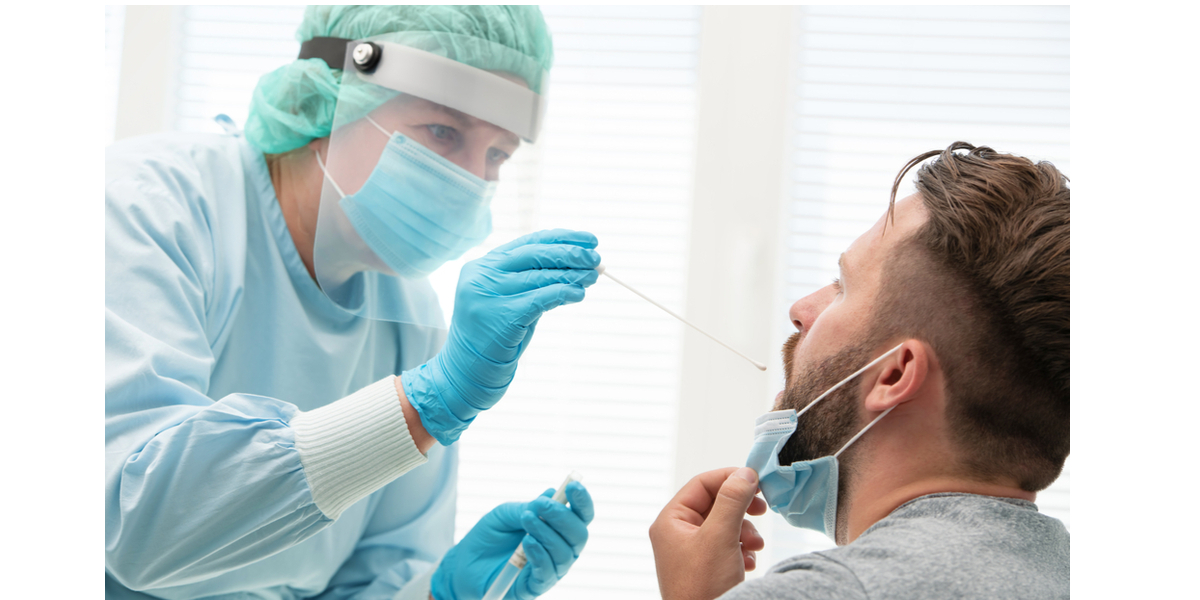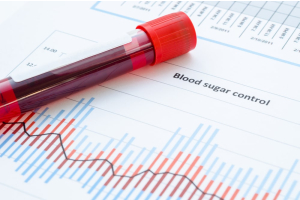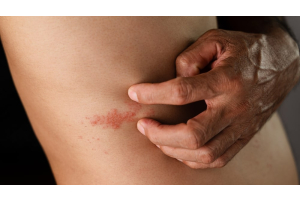The Difference Between PCR, Antigen and Antibody Tests
Want to be the first to hear latest news and find out about our exclusive promotions.
Sign Up for Our Newsletter:

In these unprecedented times, it’s important to have regular COVID-19 tests to help prevent the spread of disease. As life returns to a sense of normality, there are different types of COVID-19 tests that are required going forward. It is difficult to figure out what test you need and where to get them. Pearl Chemist Group has information, guidance and testing available for all different types of COVID-19 tests.
What are the different types of COVID-19 Tests?
There are currently two different types of COVID-19 tests and these are:
- Diagnostic tests which look for active Coronavirus infection in your mucus or saliva
- Blood tests which hunt for antibodies, or evidence that your immune system has encountered the infection previously.
PCR vs Antigen testing are often confused as the same kind of test but use different methods. They both determine whether a person has an active COVID-19 infection.
What is a PCR test?
Generally considered the “gold standard”, the majority of COVID-19 tests are PCR tests and detect the genetic information of the virus, or the RNA. Since RNA can be detected before antibodies form or symptoms of the disease are present, PCR tests can determine whether or not someone has the virus early on. This is done by nasopharyngeal swab test using a long cotton bud inserted deeply in the nose.
What is an Antigen Test?
Also known as the “rapid test” an Antigen test is also known as the Lateral Flow Test (LFT). It detects infectious SARS-COV-2, the virus that causes COVID-19 by detecting protein fragments of the virus. Those protein fragments - the invading and toxic substance which triggers the auto-immune response - is what the Antigen Test detects. Utilising LFT in conjunction with PCR testing is vital to controlling further spread of COVID-19.
What is an Antibody Test?
An Antibody test is used to find out if you have already had and recovered from a COVID-19 infection, detecting if your body has produced antibodies to the virus. It can detect antibodies around 15 days after exposure and is performed by taking a sample of blood from the vein.
How Do I Know Which Test I Need?
It can be difficult to determine when you might need a PCR vs. Antigen test. Government guidance recommends you should do a rapid test twice per week (every 3 to 4 days). If you have a positive rapid test, you and anyone you live with should immediately self-isolate and follow up with a PCR test.
Using private doctor services in a targeted way provides peace of mind and rapid reassurance via online consultations or in some cases, face to face appointments and testing. If you are looking for a hassle free COVID-19 PCR Test or Rapid Antigen Test in London or anywhere in the UK, please visit our website for updated guidance and information. www.pearlchemistgroup.co.uk
- Stop Smoking Service (31)
- Baby Care (16)
- Allergy and Hayfaver (15)
- Medicine Online (1)
- Skin Care (40)
- Vitamin And Supplement (71)
- Hair Care (32)
- Fungal Infection (12)
- Sore Throat Treatment (32)
- Flu Relieving Medicine (3)
- Deodorants (5)
- Diarrhoea Treatment (2)
- Muscle Pain Treatment (6)
- Covid-19 Essentials (4)
- Cold and Flu Treatment (23)
- Back Pain Relief Treatment (2)
- Repeat Prescription Service (12)
- joint Pain Treatment (17)
- Sinus Treatment (1)
- Migraine Tratment (11)
- Arthritis Treatment (2)
- Fungal Infection Treatment (23)
- Press Release (1)
- Sexual Health (34)
- Health Checkup (22)
- weight management service (36)
- Flu vaccination (44)
- Emergency contraception (14)
- Travel clinic (60)
- Corona Disease (1)
- Emergency Medicines Service (2)
- Monitored Dosage Systems service (1)
- Medicines User Review service (1)
- Covid 19 Test (12)
- skincare (34)
- Ear microsuction (33)
- Pain Treatment (2)
- stomach pain Treatment (8)
- Stop Smoking Aids (7)
- headache & pain relief (3)
- Eye Care (11)
- Diabetes (10)
- Skincare Product (22)
- Health Care (9)
- Blood Pressure Check (17)
- hajj vaccination (3)
- Perfumes (7)
- Dental Oral Care (6)
- Foot Care (5)
- Ear Care (7)
- Care Home (7)
- Shingles (3)
- Sinusitis (2)
- Infected Insect Bites (2)
- Acute Otitis Media (2)
- Impetigo (2)
- UTI (2)






